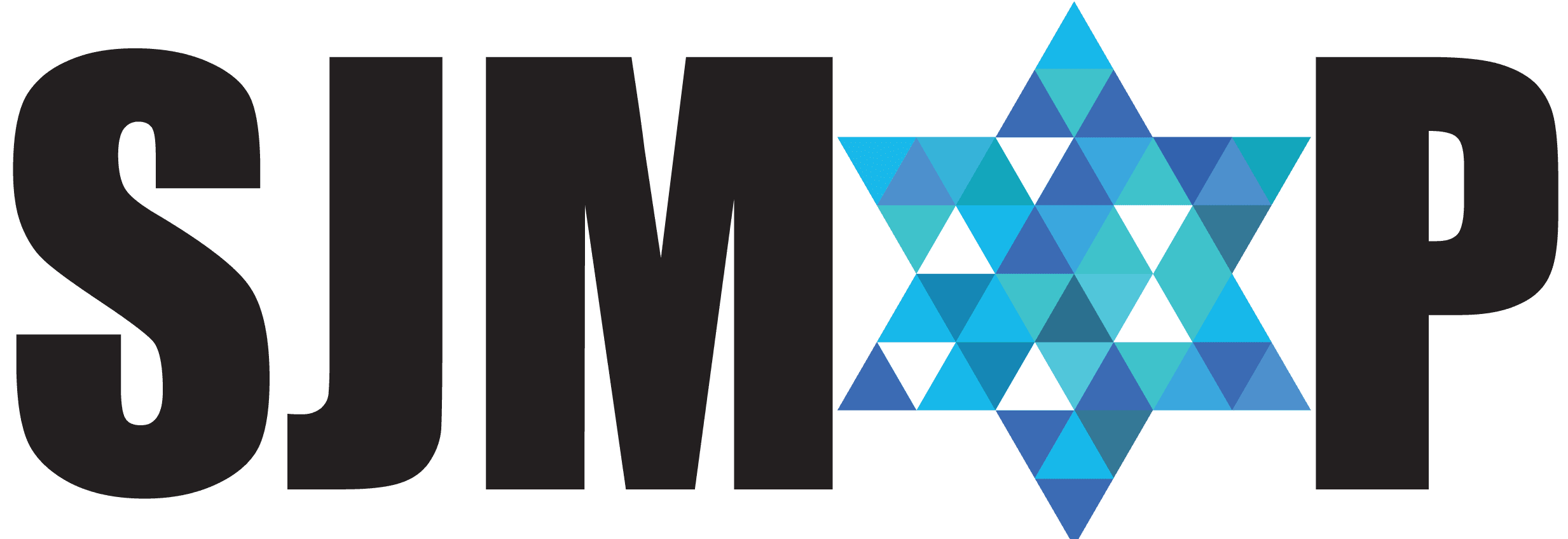Other Grassroots Organizations and Initiatives in North America
Action Central (Cleveland)
During the struggle to pass the Jackson-Vanik Amendment, the UCSJ threw its weight into firming up Congressional support by forming a rapid response group of forty regional political activists. Action Central (1972-1974), coordinated by Carol Mandel in Cleveland, worked with the network of activists and the UCSJ Washington office to feed to the news media and Congress up-to-date reports of events in the Soviet Union, as transmitted to the UCSJ by Soviet refuseniks.
Americans United for Leonid Volvovsky
Canadian 35’s, Women’s Committee for Soviet Jewry (Montreal, Ottawa, Toronto, Winnipeg)
Modeled after the 35’s in Great Britain, the Canadian 35’s was formed in 1974 in Montreal and soon had chapters in three additional Canadian cities. They were a persistent force in keeping the cause in the forefront of the Canadian public. Like their British counterparts, they often dressed in black during public demonstrations.
The Committee to Free the Paritsky Family (Boston)
During the later 1970’s, through Alexander’s three years of Siberian exile resulting from his founding the underground refusenik university, and until visas were granted in 1988, the Paritsky family was supported by this Boston-based group. Their work with U.S. legislators, regular phone calls to Kharkiv, and public advocacy including honorary Boston citizenship for the family, kept the family’s case in the public eye.
Guberman Rescue Committee (Cincinnati)
A group focused on the case of Igor Guberman, who before his 1979 arrest and Siberian exile, was active in the Soviet Jewish cultural movement including the samizdat publication “Jews in the USSR.” Guberman Rescue Committee chairman Yuli Kitaevich, kept Guberman’s case in the spotlight until Guberman received an exit visa in 1987.
International Physicians Commission (Chicago)
Formed in the mid-1980s by a doctor at Northwestern University, the International Physicians Committee monitored the medical condition of Jewish Prisoners of Conscience in the USSR. After the collapse of the Soviet Union, the Committee focused on supporting small Jewish communities in the FSU by sending them vitamins, medications, and medical supplies.
Medical Mobilization for Soviet Jewry (Boston)
An organization composed of medical professionals – doctors, dentists, nurses, medical students and other health professionals. Founded in 1973, by Paul Appelbaum, MD, Morey Schapira, and Carl Shoenberger, MD, the group worked to monitor and advocate for the health problems of Soviet Jews who had applied to emigrate, to aid the deteriorating health of the Prisoners of Conscience who often suffered from malnutrition, tuberculosis, and other illnesses contracted from living in primitive conditions, and on Soviet incarceration of Jews placed in Soviet psychiatric asylums. Started in Boston, there were soon chapters in Chicago, Long Island, and Miami.
Scientists for Sakharov, Orlov, and Sharansky (San Francisco/Berkeley)
Scientists for Sakharov, Orlov and Shcharansky (SOS) was founded in 1978 in response to concern in the scientific community over numerous violations of human rights affecting fellow scientists, particularly those in the Soviet Union. At its height, SOS had an international membership of over 10,000 scientists and engineers from 44 countries, including numerous Nobel prize laureates. All members committed to a policy of non-cooperation with their Soviet counterparts upon signing the SOS moratorium pledge, which was unique in the history of modern science and served as a powerful form of pressure directed against the Soviet state for its violations of the Helsinki Accords signed by Brezhnev in 1975.
Shapiros for Shapiro (Omaha)
Formed in the early 1970’s to focus attention on the case of refusenik Gavriel Shapiro who was threatened with Soviet military conscription, founder Shirley Goldstein encouraged those with the surname Shapiro to work on Gavriel Shapiro’s behalf.
Soviet Jewry Legal Advocacy Center (Boston)
The Soviet Jewry Legal Advocacy Center (SJLAC) was founded by American legal scholar and human rights activist Donna Arzt in 1977 to document the USSR’s violation of its own and international law. The SJLAC also prepared legal briefs on behalf of refuseniks and Prisoners of Conscience. It eventually became affiliated with the Union of Councils for Soviet Jews.
Student Coalition for Soviet Jewry (Waltham MA, Washington, D.C.)
A university student organization founded in 1977 to give students a voice with their elected officials in Washington, D.C. about the plight of Soviet Jewry. The Student Coalition for Soviet Jewry (SCSJ) began at Brandeis University and in subsequent years grew to involve thousands of students at U.S. college campuses participating in fourteen annual lobby trips until 1990.
U.S. 35’s, Women’s Committee for Soviet Jewry (Los Angeles, Long Island)
Modeled after the 35’s in Great Britain, chapters of the 35’s were formed in the United States. They galvanized groups of women to rally for the cause of Soviet Jews.
Women for Ida Nudel (WIN) (Canada, Israel, U.S.A.)
When longtime refusenik (from 1970) and activist, known as the “Guardian Angel” for her work on behalf of Soviet Jewish prisoners, was herself exiled to Siberia in 1978, activist groups known as Women for Ida Nudel (WIN) were organized in the United States, Canada and Israel, to call attention to her plight and push for her release. In the US, WIN, coordinated by Lynn Singer of Long Island, appealed to elected women officials to press for Nudel’s release.
